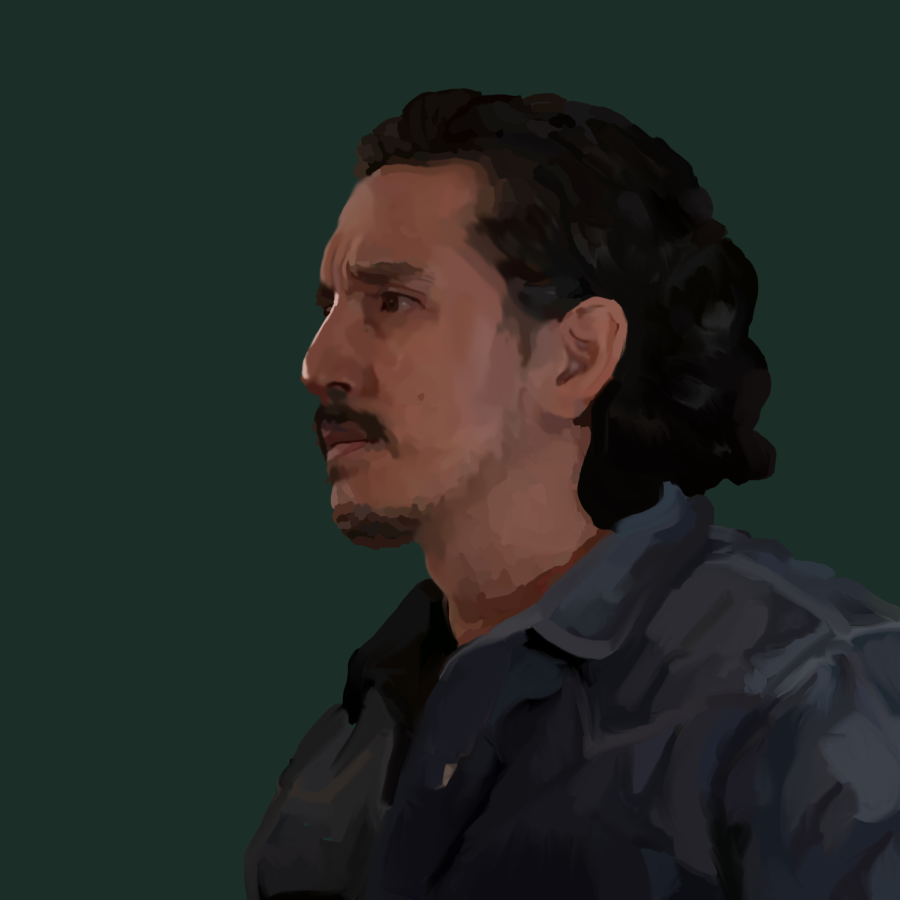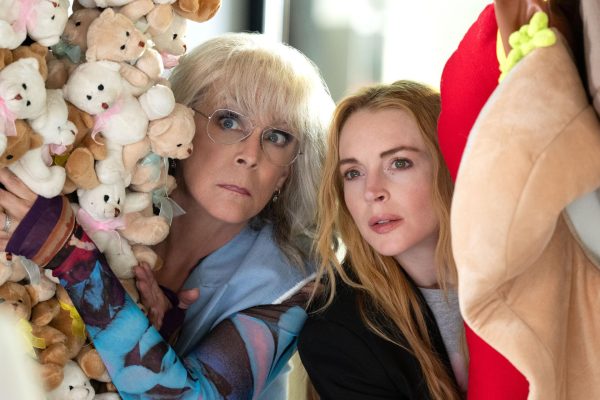Last of Us Episode Six: Family Turns Out to be Everything
Graphic by Onnika Moore.
I do not say this often about fictional series, but this episode felt like a warm hug. There was no other way to help heal the audience from the traumatizing ending of the last episode. Without heavy plot and exposition, the creators allowed the characters and audience to take a breath and reflect, which was much appreciated.
This episode starts with a tense standoff between Joel and Ellie and a mysterious group that turns out to be a commune-like community that housed the long-lost brother, Tommy. Throughout the episode, Ellie and Joel try to get used to a domestic lifestyle and friendly inhabitants. The duo trades the more action-focused conflicts and intense fight scenes for internal and emotional conflict between the characters. Be ready to cry because this episode deals with grief, anxiety and failing loved ones. Although the homey and secluded environment is calming, heavy development and familial relationships are tested from beginning to end.
There are countless examples of familial love portrayed in this episode, including the nameless old couple at the beginning, Tommy and his new wife Maria and Joel worrying over Ellie as she matures and copes with the scary world. Words cannot describe how important these characters are to me, and the only way to understand their dynamics and arcs is to watch them play out in this episode.
One of my favorite parts of this series is that after achieving the main goals, the plot leaves room for consequences and questions for the future. Even though they found Tommy, he disagrees with Joel or Ellie making a difficult choice; these cause-and-effect scenarios keep the audience invested and waiting for more. It adds more dimension when the characters are so well-written and beloved that fans want pointless scenes where the cast simply interacts since their dynamics are just as entertaining as the story.
Additionally, I applaud the team behind the show for showing, and not explicitly stating, themes. Beautiful writing allows one watching to infer and guess motifs and core moments in their body language and overall demeanor. Throughout, Joel experiences episodes where he has trouble breathing because he fears failure and losing another daughter-like figure, but that storyline is purely implied and decoded easily by the watcher. Ellie seeing Joel as a father figure, and vice versa, never is explicitly shown, yet the audience guesses the internal conflict between both characters purely by their expressions and conversations.
Consequently, episode six ends with a tense cliffhanger and fans can do nothing but wait an agonizing six days for the next episode to air. With only three episodes left in the series, I am getting antsy waiting to watch what these characters go through next.

Onnika Moore is a sophomore at GHS and is in her second year in the journalism program. She serves as a reporter for Gretna Media. She is involved in journalism...







